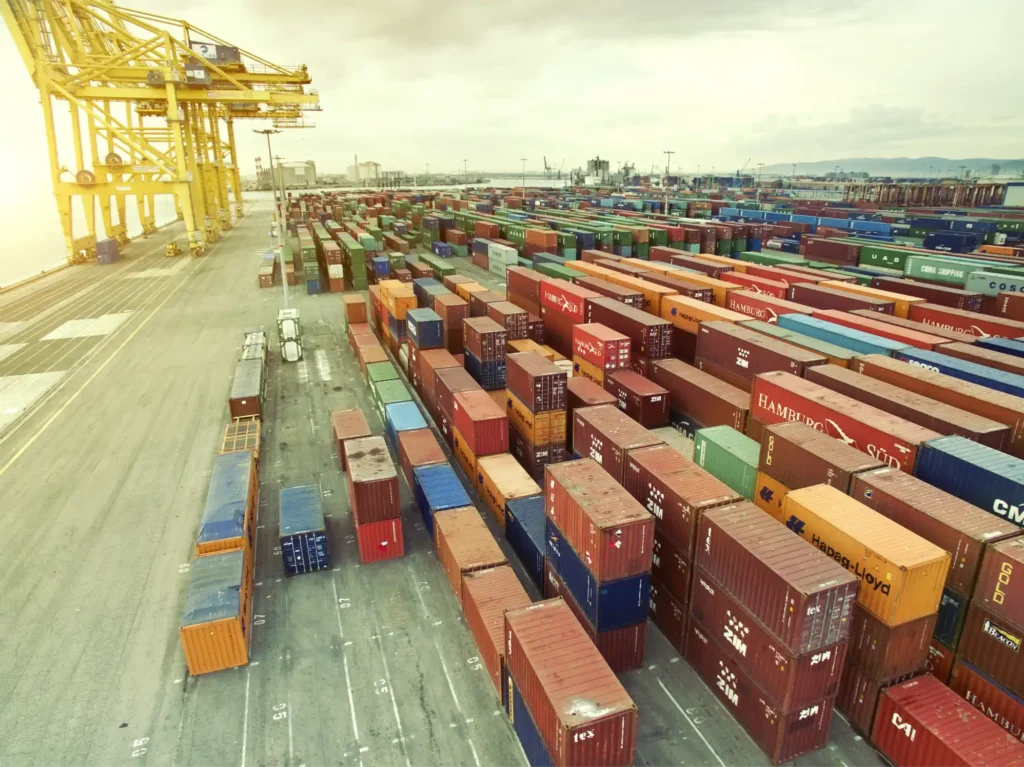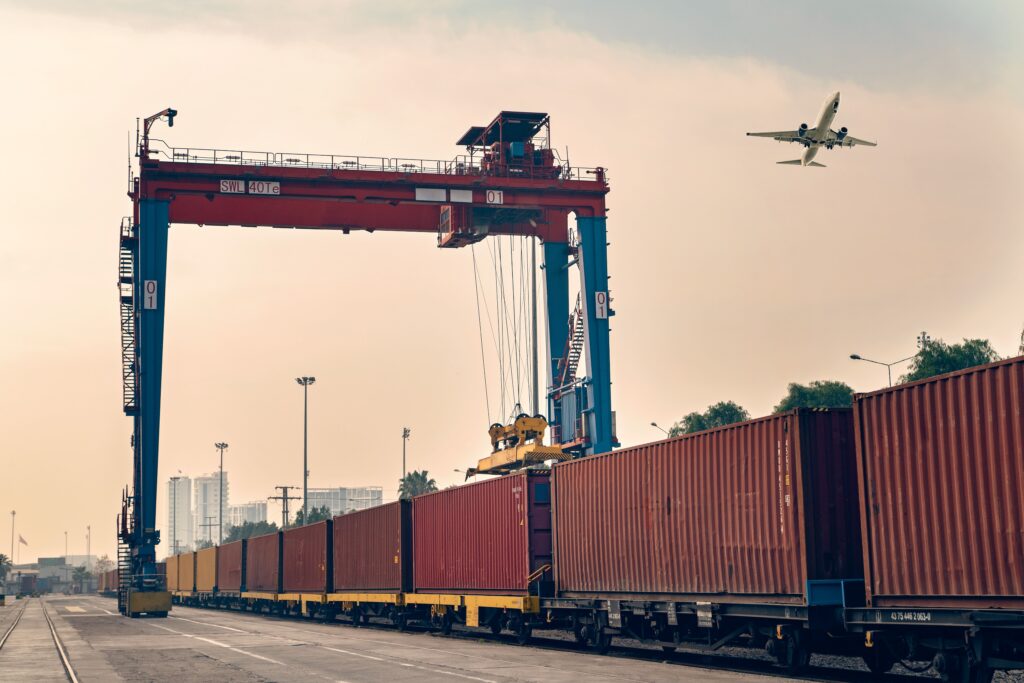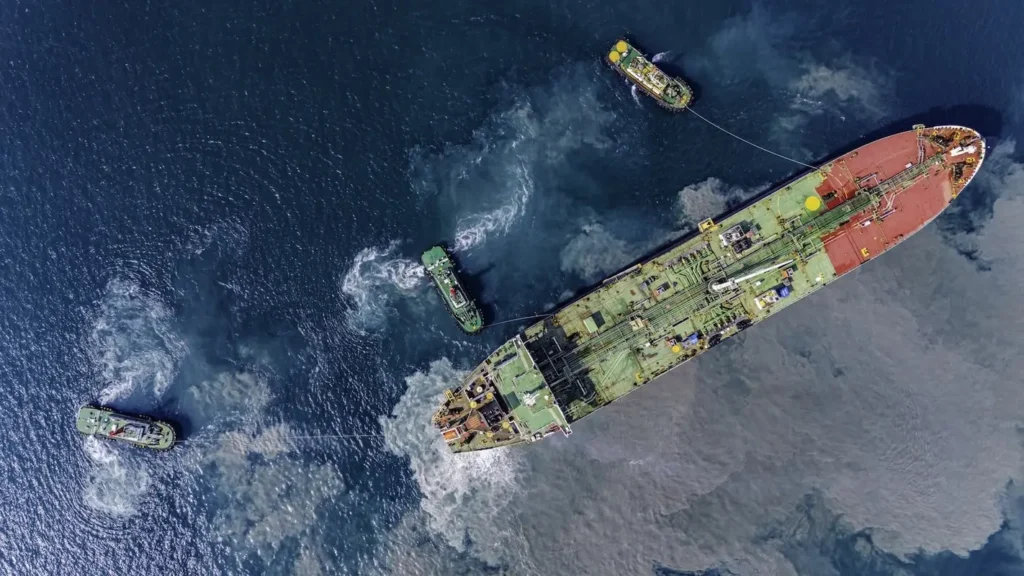The modern supply chain stretches further, encounters more volatility and is exposed to more regulatory pressure than ever before. Today’s procurement leaders face the unprecedented challenge of maintaining full compliance and visibility as new reporting demands emerge and new risks threaten the smooth flow of goods. At a time of increasing scrutiny, complexity and uncertainty, organizations need the tools to accurately disclose their activities and keep business moving forward in the face of disruptions.
To that end, Sphera announces a new supply chain solution that empowers businesses to anticipate risks and adapt to new regulations: Supply Chain Transparency (SCT). Read on to see how SCT maps the road to resilient, efficient and compliant supply chains.





